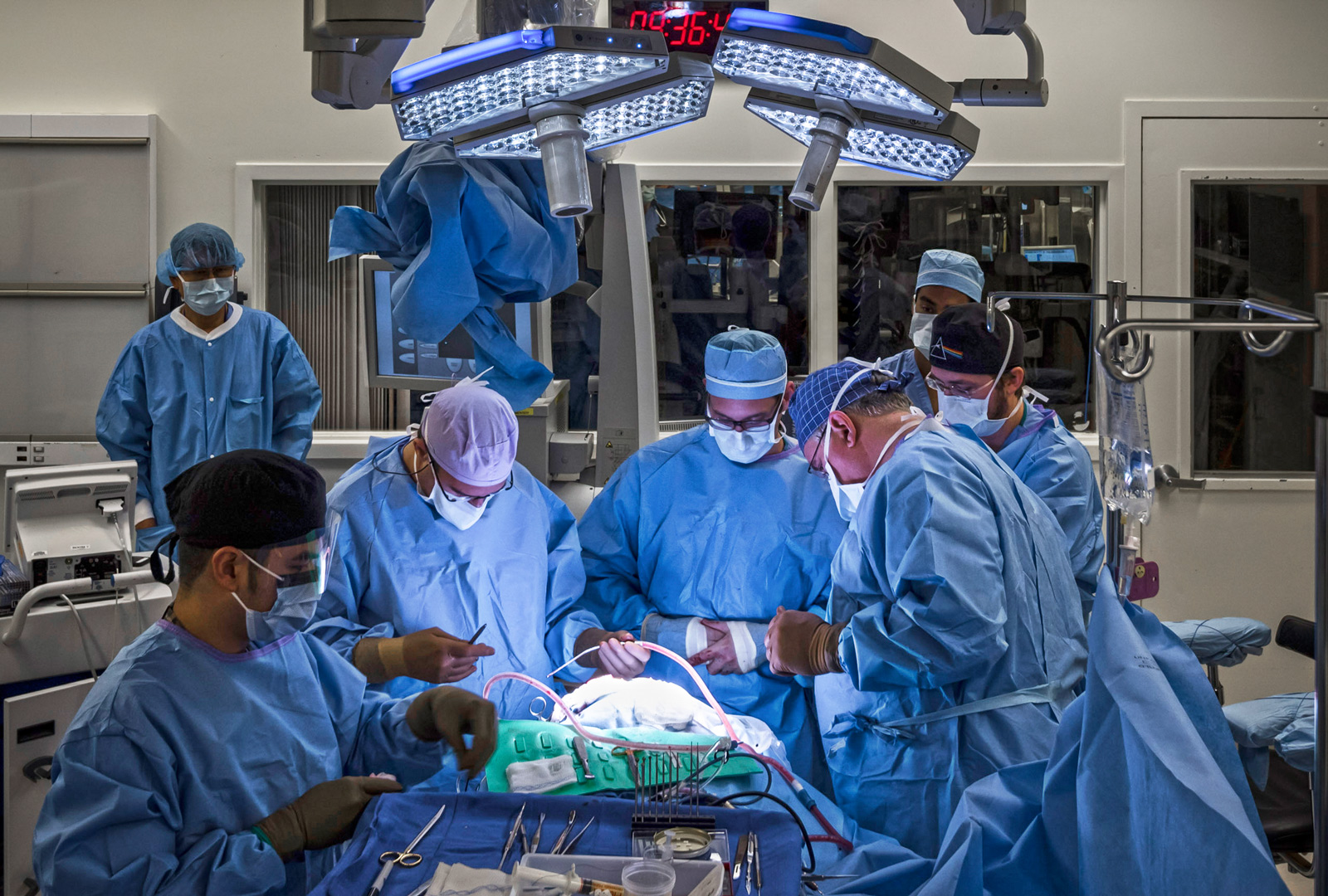-
Specialty Care
-
Hospitals
-
Common Categories
-
Main content
